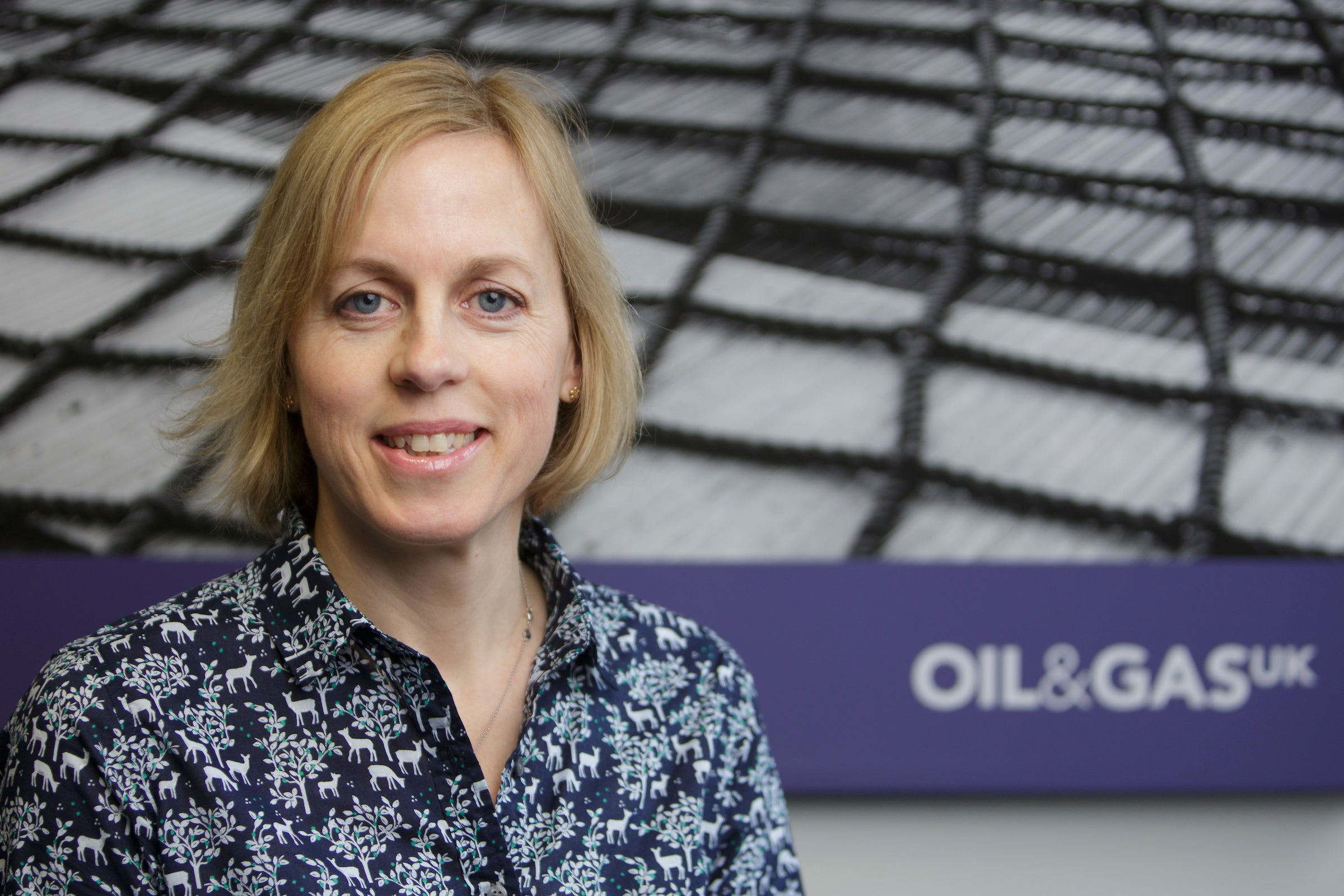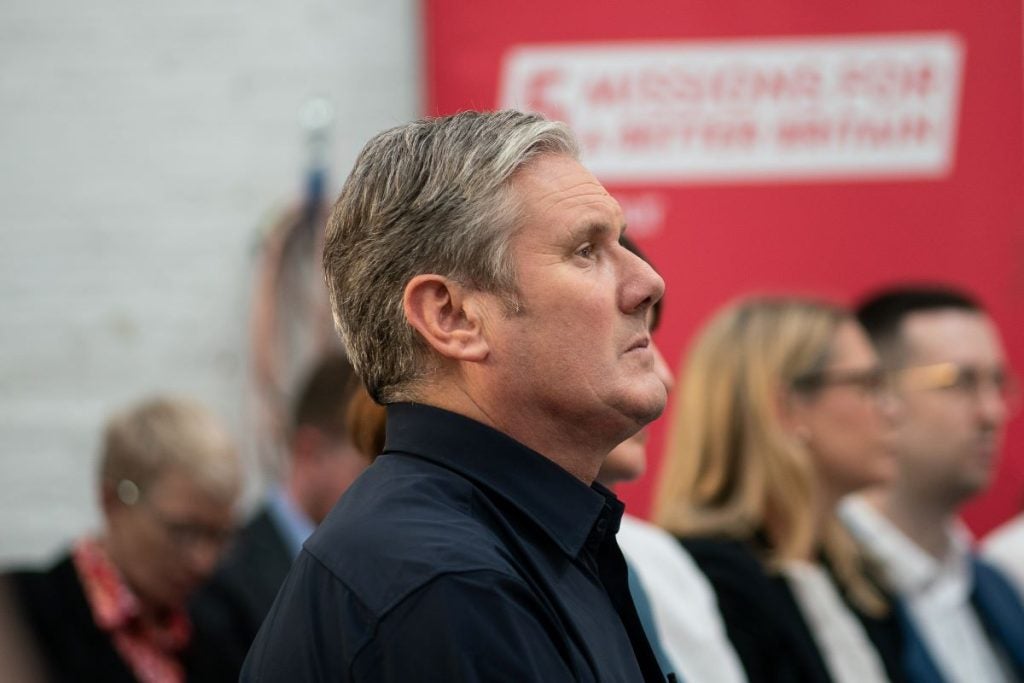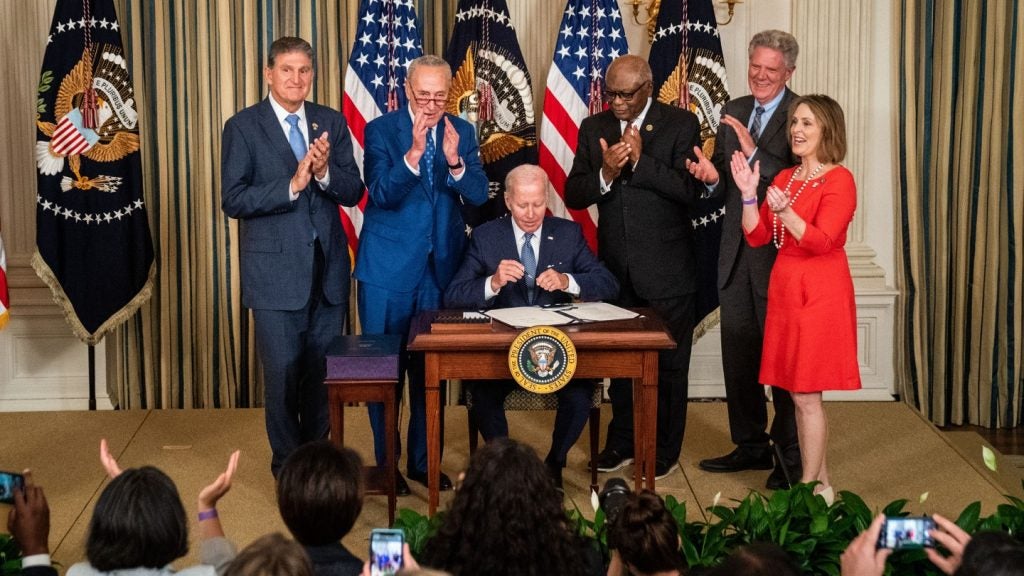
The UK oil and industry is in the midst of a recruitment drive like never before, as it continues to emerge from a downturn.
According to UKCS Workforce Dynamics Review, a report commissioned by Offshore Petroleum Industry Training Organization (OPITO), together with the Robert Gordon University Oil and Gas Institute, the industry will need to recruit over 40,000 people by 2035 to satisfy demand.
This will include around 10,000 people in new areas – or roles that don’t yet exist – including data science, robotics, material science, nanotechnology and cybersecurity. The companies that will succeed in upskilling will be those that already understand the advantages of having a diverse workforce.
This should see more women recruited into the industry, believes Katy Heidenreich, author of a new book, The Oil Industry’s Best Kept Secret: A book full of inspiration and advice.
Launched in November 2018 – with the backing of BP, the Oil & Gas Technology Centre, Shell and Baker Hughes, a GE company – the book’s central aim is to encourage more women to pursue careers in the critical energy industry. This is underpinned by profile pieces and interviews of women who have already smashed through the glass ceiling of the offshore oil and gas sector – from engineers and field specialists to chief executives.
Diversity of thought: in praise of a mixed workforce
At present, women represent one in four of the workforce in the industry, states Heidenreich. Yet, while “we already make an incredible impact”, all the evidence points to a new dawn of opportunity as companies look to creating and filling new roles.
How well do you really know your competitors?
Access the most comprehensive Company Profiles on the market, powered by GlobalData. Save hours of research. Gain competitive edge.

Thank you!
Your download email will arrive shortly
Not ready to buy yet? Download a free sample
We are confident about the unique quality of our Company Profiles. However, we want you to make the most beneficial decision for your business, so we offer a free sample that you can download by submitting the below form
By GlobalData“Pursuing a more diverse, inclusive workforce is a key priority for our industry,” writes Heidenreich, who occupied senior management roles in the UK, Norway and Azerbaijan, before assuming her current position as upstream optimisation manager at Oil & Gas UK in 2016.
“Women can bring different leadership skills and behaviours, but it’s not just about diversity of gender, it’s about diversity of thought – more balanced teams make better decisions.”
Before this can happen, though, the oil and gas industry perhaps needs to do more to slough off its stereotypical image as a man’s world. This is no longer the case, writes Heidenreich in her foreword, and hasn’t been for some time.
“Not enough people outside the oil and gas industry understand what we’re about,” she says. “Poorly founded misconceptions mean that many would overlook us and miss out on one of the best industries.”
Female STEM students no longer an anomaly
There are however factors working in women’s favour to reverse this trend. Firstly, more women today are choosing to study STEM (science, technology, engineering and mathematics) subjects, providing a natural pathway into the industry.
This wasn’t always the case, says Dame Judith Hackitt, one of Heidenreich’s interviewees, who recalls studying chemical engineering at Imperial College in the mid-1970s at a time when she and her fellow female students were treated with suspicion by the opposite sex.
“The girls on my course were treated as a bit odd,” says Hackett, who received a damehood in 2017 for services to engineering and health and safety.
“There were five of us in an intake of 75 – the most they’d ever had, but it wasn’t unusual for people to ask us: ‘What makes a girl do chemical engineering?’ All five of us encountered that attitude, but we all had good answers. A lot of the boys on the course had no idea why they were doing it. We had at least given it some thought, because we were often asked to explain it.”
A different world: the great outdoors and taking the chopper to work
Through her case studies, Heidenreich successfully paints a picture of career in the offshore sector as an exciting one. Several interviewees, such as Lindsey Gordon, a petroleum engineer at BP, describe life away from land as the perfect antidote to the tedium of an office job.
“Life offshore is a different world,” she says. “The platforms and FPSOs [floating production storage and offloading] are amazing feats of engineering. The camaraderie is second to none, which is important when you’re together for weeks at a time. To round it off, I get to take a helicopter to work”.
Caroline Gill, lead geologist at Shell UK, also describes a passion for the outdoors as being a key driver in her career choice. Gill, a former Aberdeen director of the Petroleum Exploration Society of Great Britain – and a familiar face on the petroleum conference circuit – also credits her choice of career in helping bolster her self-confidence.
“I’ve always had quite a bit of self-doubt, but then I’ve always surprised myself,” she says. “I’ve given over 50 conference preparations. Initially I would have to know every word that I would say; it’s only experience that has given me that bit more confidence to turn up and do it without feeling that I had clobbered it to be absolute death.”
Why work and having family needn’t be mutually exclusive
Several of Heidenreich’s interviewees describe the challenges of balancing work and family life – especially tricky when away from dry land for long stretches at a time. For Gill, who has two children with her geologist husband, flexibility has been essential.
“As a couple, we both have the flexibility to work at home and we can pick up any outstanding work once our children are in bed. It’s totally an equal partnership – we both do our fair share. Even when we’re working long hours, it doesn’t impact on family life.”
Hackitt, who began her career at Esso, says she was able to make time for her family by being decisive from the outset, and that bringing up children and forging ahead in one’s career needn’t be mutually exclusive.
“I loved working there [at Esso], but realised they wanted me to join the international circuit and work abroad. My husband and I both had careers, and we had two daughters. We could see that managing dual careers abroad, together with family priorities, was going to be difficult, so I decided to move on. I chose to take control and manage my own career.”
What women can really expect upon entering the industry
While aware they still represent a minority, the unanimous message of Heidenreich’s book is that women who enter the UK offshore oil and gas industry, in whatever capacity, can expect to be treated with much more respect than perhaps anticipated.
As Lauren Hughes, field specialist for wireline services at Baker Hughes, a GE Company, describes her time working on a Canadian rig: “I didn’t feel I was treated any differently; if anything it’s usually people being nicer to you. I didn’t really think about the fact that it was male dominated.”
In her opening chapter, Heidenreich correctly describes an oil and gas industry in a state of flux, as it looks to improve access to clean energy, reduce greenhouse gas emissions and boost investment in low-carbon technologies.
Despite progress made in the renewables sector, oil and gas will still be responsible for supplying around half of the world’s primary energy needs. “Put simply, our industry will be around for a long time to come,” she writes.
For this reason alone, companies cannot afford to be close-minded. Only a diverse workforce will be equipped to deal with the enormous task at hand.







